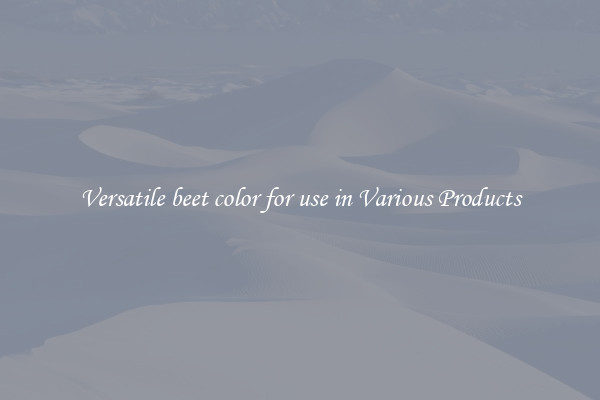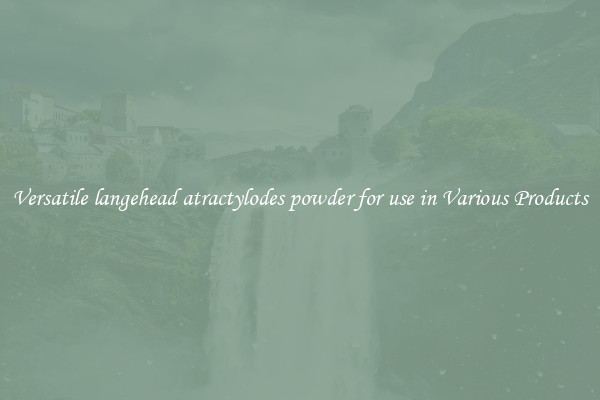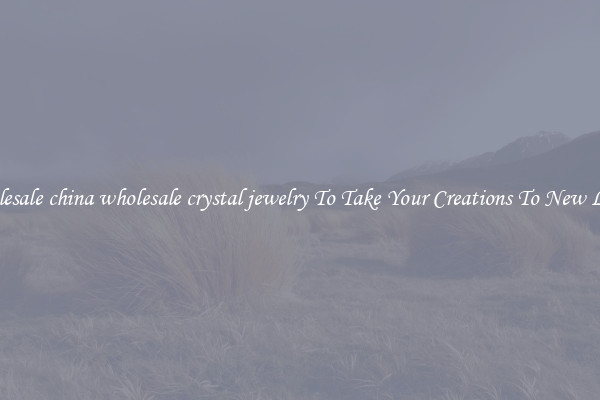Versatile beet color for use in Various Products
Versatile beet color for use in Various Products

Beets, often seen as a staple in salads and vegetable dishes, have been gaining attention for their versatile coloring properties. The deep red hue naturally found in beets can be harnessed and used in various products, adding a visually pleasing and vibrant touch. From cosmetics to food coloring, let's explore some innovative ways in which beet color can be utilized.
One of the primary uses of beet color is in cosmetics and personal care products. Natural beauty brands have been incorporating beetroot extracts or beet pigments into their formulations, creating makeup products such as lipsticks, blushes, and lip stains. The rich red color adds a touch of vibrancy to these products, making them stand out on the shelves. Moreover, beet color is a safer alternative to synthetic dyes often found in cosmetics, making it an appealing choice for those seeking natural and organic options.
Food and beverage manufacturers have also started to recognize the potential of beet color as a natural alternative to artificial food dyes. Beets have long been used as a natural food coloring agent, contributing a vibrant red color to cakes, cookies, and even pasta. The advantage of using beet color is that it not only enhances the visual appeal of the food but also provides potential health benefits. Beets are packed with antioxidants, vitamins, and dietary fiber, making the addition of beet color a healthier choice compared to artificial dyes.
Beyond cosmetics and food, beet color can also be utilized in the creation of natural fabric dyes. Clothing manufacturers have been experimenting with using beet pigments to dye various fabrics, including cotton, silk, and wool. The result is a unique range of earthy and subtle hues, perfect for those seeking eco-friendly and ethical fashion choices.
Additionally, beet color has been harnessed for its potential medicinal uses. Beets are known to contain betalains, a group of natural compounds with antioxidant and anti-inflammatory properties. These compounds have shown promise in aiding various health conditions, including inflammation, oxidative stress, and high blood pressure. Extracts containing beet color, such as beet juice or beet powder, are now being formulated into dietary supplements or health products to allow consumers to benefit from these natural compounds.
In conclusion, the vibrant red color naturally found in beets has proven to be a versatile resource for various industries. From cosmetics and food coloring to fabric dyes and medicinal uses, beet color offers an appealing alternative to synthetic additives. As consumers continue to seek natural and sustainable options, the demand for beet color in multiple products is only expected to increase.

View details

View details

View details

View details








